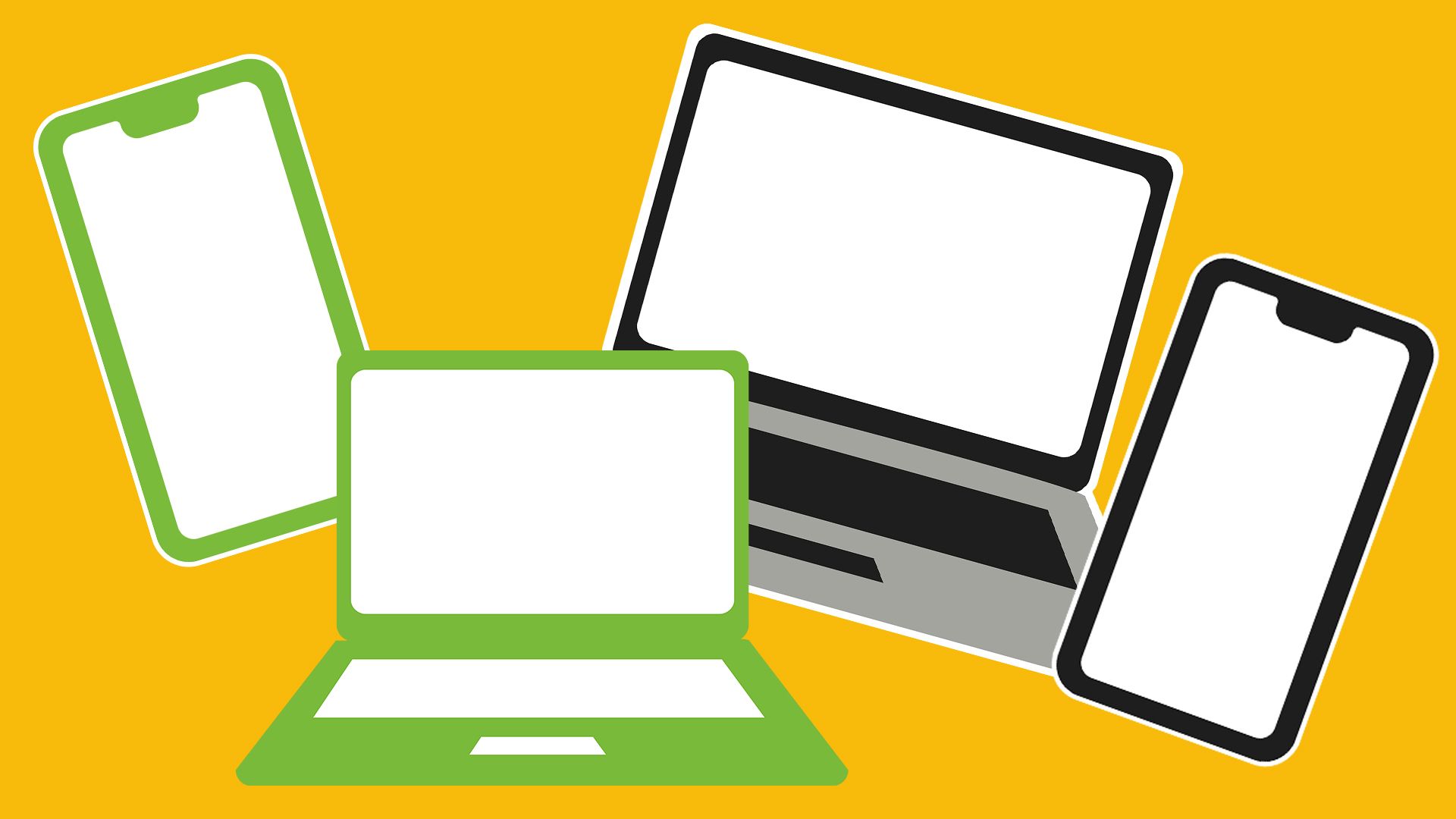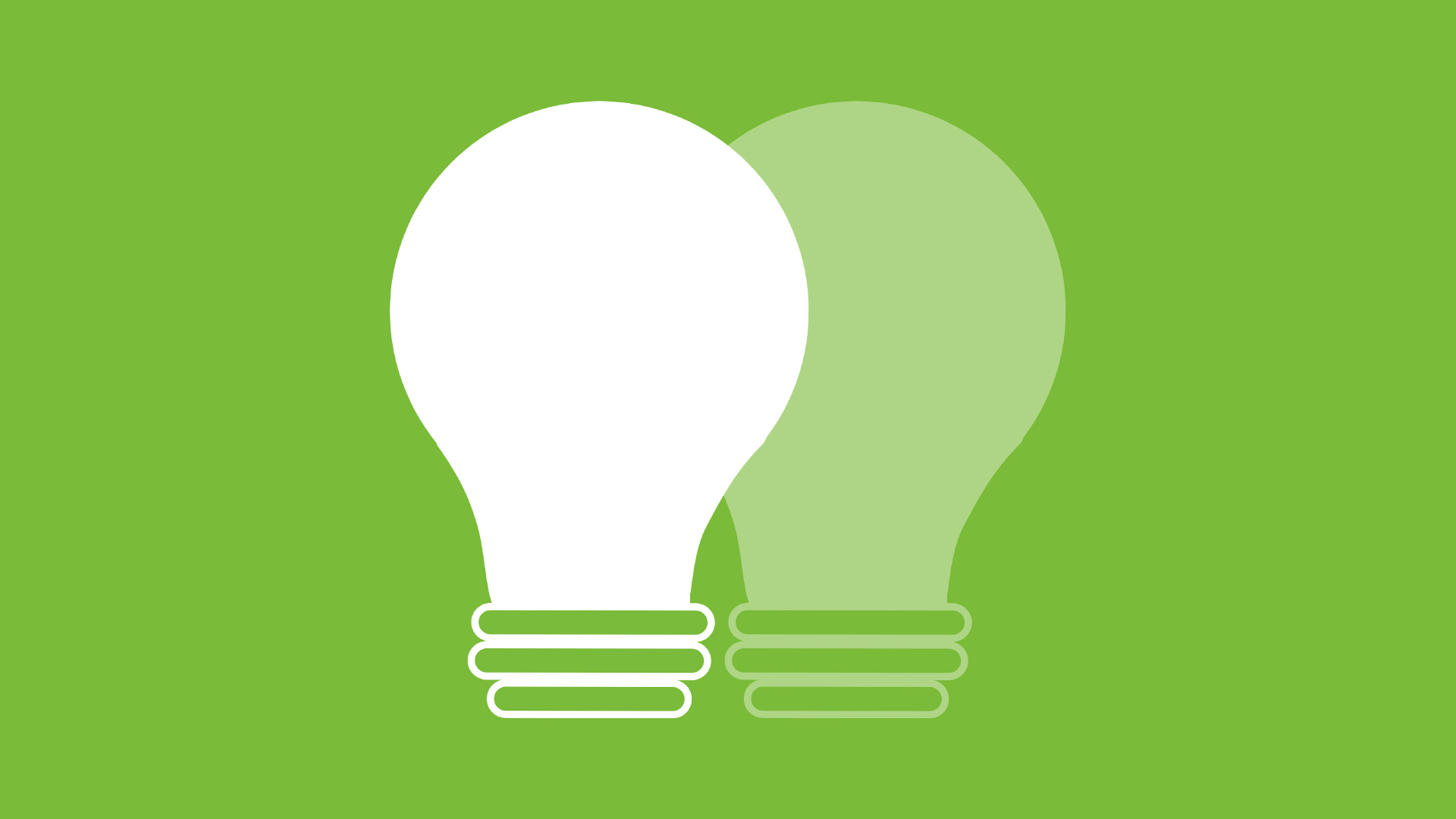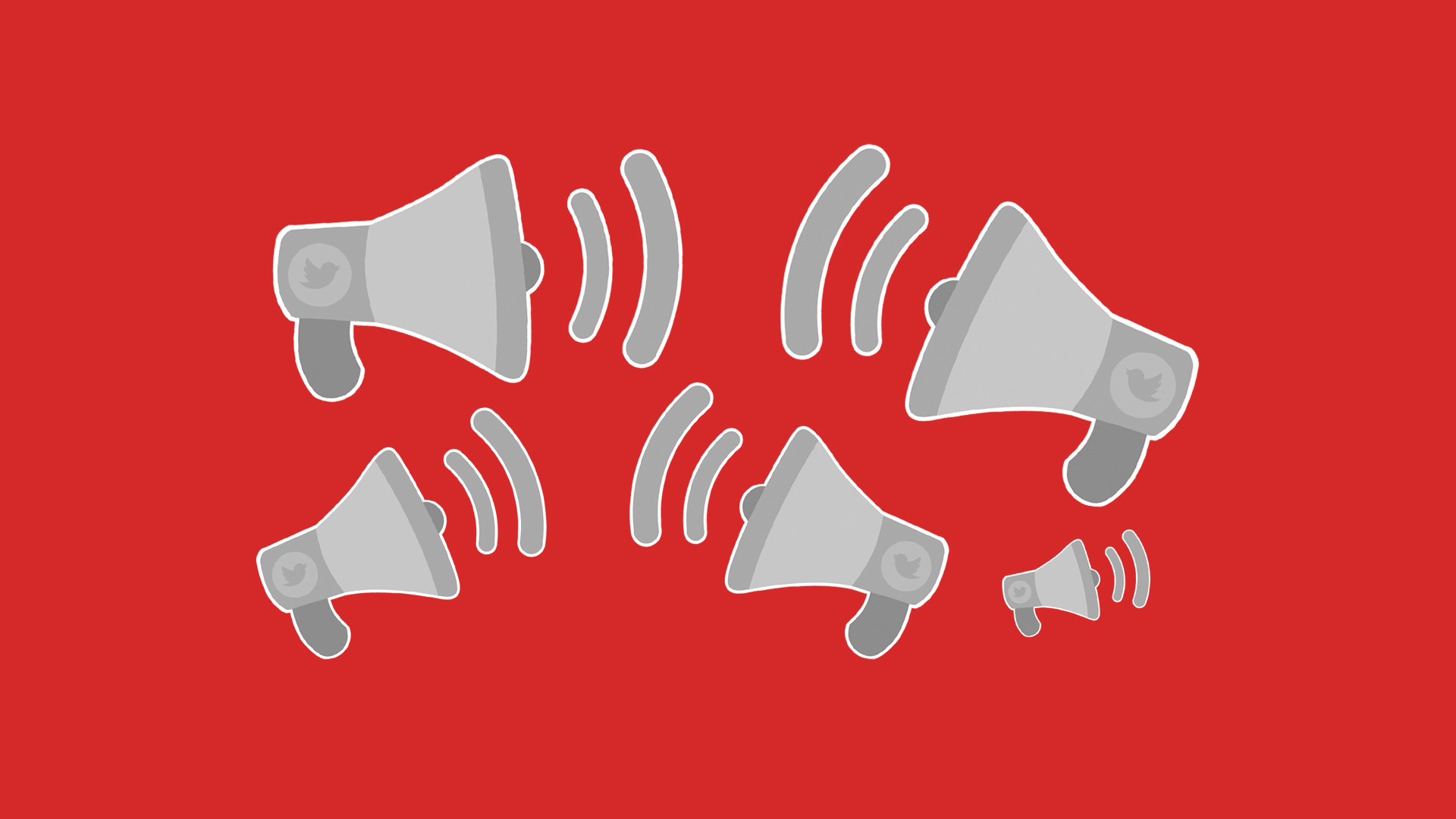Big Data is Watching You

There is no one book more referenced when it comes to our high-technology surveillance reality than George Orwell’s Nineteen Eighty-Four.
Eric Arthur Blair (Orwell being his pen name) died on the 21st of January 1950. And so on January 1st, with more than 70 years since his passing, all of his works lost their copyrighted status in the UK and European Union. His most famous book, along with his many brilliant works, are now in the public domain. To celebrate this fact, and to explore this deep and enduring relationship between writings on both state and private company surveillance, we thought it would be good to pose the question: what did Orwell get right?

The Telescreen
In Orwell’s dystopian world of Oceania, single-channel televisions are everywhere.
The instrument (the telescreen, it was called) could be dimmed, but there was no way of shutting it off completely.
Thankfully the screens that pervade our daily life are not as oppressive as they are in the book, but there is a slice of truth in Orwell's words. We sit in rooms dominated by 50-inch televisions as we work on our 15-inch laptops and doomscroll aimlessly on our phones. Our screens engage in acts of data collection; just not quite in the same way that the Telescreen does, and they definitely do have a habit for disseminating propaganda. Perhaps Orwell’s most Nostradamus-like description of the Telescreen which accords with our own experience comes quite early on in the book:
Life, if you looked about you, bore no resemblance ... to the lies that streamed out of the telescreens…
This line resonates with the prevalence of influencers on Instagram and other social media networks who make their money off of selling you this idea; this fiction that an improvement in your current situation is just the purchase of a promoted product away.

Fake News and the Truth
‘Who controls the past,’ ran the Party slogan, ‘controls the future: who controls the present controls the past.’
The world of Nineteen Eighty-Four, or at least the part that our protagonist Winston Smith lives in, is one where the truth is something malleable. As a matter of fact, Winston works in the Ministry of Truth, a place where articles from the past are rewritten in order to erase inconvenient words, ideas, and people from history. Orwell’s diagnosis in the quote above is extremely relevant to our modern media and information landscape. We live in a time where misinformation has been weaponised, linguistic tricks have been employed in order to to reframe and diminish problematic truths, and large informational gatekeepers both persuade and manipulate us. Google, for example, has incredible power to make decisions upon the information that is accessible to the people. Thank God for the WayBack Machine at archive.org!

Doublethink
WAR IS PEACE. FREEDOM IS SLAVERY. IGNORANCE IS STRENGTH.
Doublethink is where someone comfortably holds inside their head two contradictory viewpoints. It was a powerful propagandist technique mastered by Oceania’s Inner Party. Living in 2021 often requires a similar suspension of your critical abilities; we live in a democracy, but a democracy wherein powerful companies can vote with their money. You might be lucky and think you live in a free society, but it’s one where even your lines of communication are fed through recommendation engines and data-hungry algorithms that regularly insult your intelligence.

Two Minutes Hate
The Two Minutes Hate was a daily, public period during which people had to watch a film depicting the enemies of the state and loudly express their collective hatred for them.
The horrible thing about the Two Minutes Hate was not that one was obliged to act a part, but that it was impossible to avoid joining in. Within thirty seconds any pretence was always unnecessary.
Social media has radically changed our society. The interconnected, diverse communities which have been built on a variety of different platforms have enabled have enabled new kinds of conversations. Conversations which are unconstrained by the normal geographical boundaries of in-person communication, but also, in the case of networks such as Twitter, one where anyone can potentially talk to anyone. This has lead to a lot of good, but has also increased our tendency to sensationalise matters in pursuit of a good story.
‘They do get so noisy,’ she said. ‘They’re disappointed because they couldn’t go to see the hanging, that’s what it is. I’m too busy to take them, and Tom won’t be back from work in time.’
Schaudenfreude is the experience of happiness at the misfortune of another. In the world of Nineteen Eighty-Four the citizens of Oceania watch public hangings, as individuals who have committed thoughtcrime are purged from society by the Party. It would be an act of unconstrained sensationalism to draw a direct line between the actions of social media mobs and the book’s public executions, but Orwell definitely had a deep understanding here of the cathartic way in which large groups engage in the tearing down of individuals considered to have done wrong. All too often, for better or for worse, we wade into situations accepting the framing of the wider group, swimming as a smaller part of an angry shoal.
Fiction forever shines light on Facts
The best way to look at Nineteen Eighty-Four is as a book which contains within it some very forward-looking themes, taken to their absolute extremes for the sake of a readable narrative. Unfortunately, the book’s over-referencing in the media has led to a multitude of misconceptions cropping up, even in the minds of people who have actually read the work before. But this does not mean that it is not a useful piece of fiction to read in order to think more deeply about the world we currently inhabit.
Brave New World, is another futuristic, anti-utopian piece written by Aldous Huxley, Orwell’s French teacher at Eton. It gets nowhere near the same attention. Perhaps many people find it easier to reach for the glum dystopia of an overbearing Nineteen Eighty-Four London than a society where the pursuit of cheap thrills allows for the acceptance of a strange, shallow, and segregated existence.
If we assume that the books were both meant to be portentous, Huxley predicted within his work that powerful new technologies would rip apart the fabric of what being human meant, whereas Orwell predicted that the concentration of power would lead to the eradication of individual action and choice. Both of these books are well worth a read, or a re-read, to shine light on today’s world.

